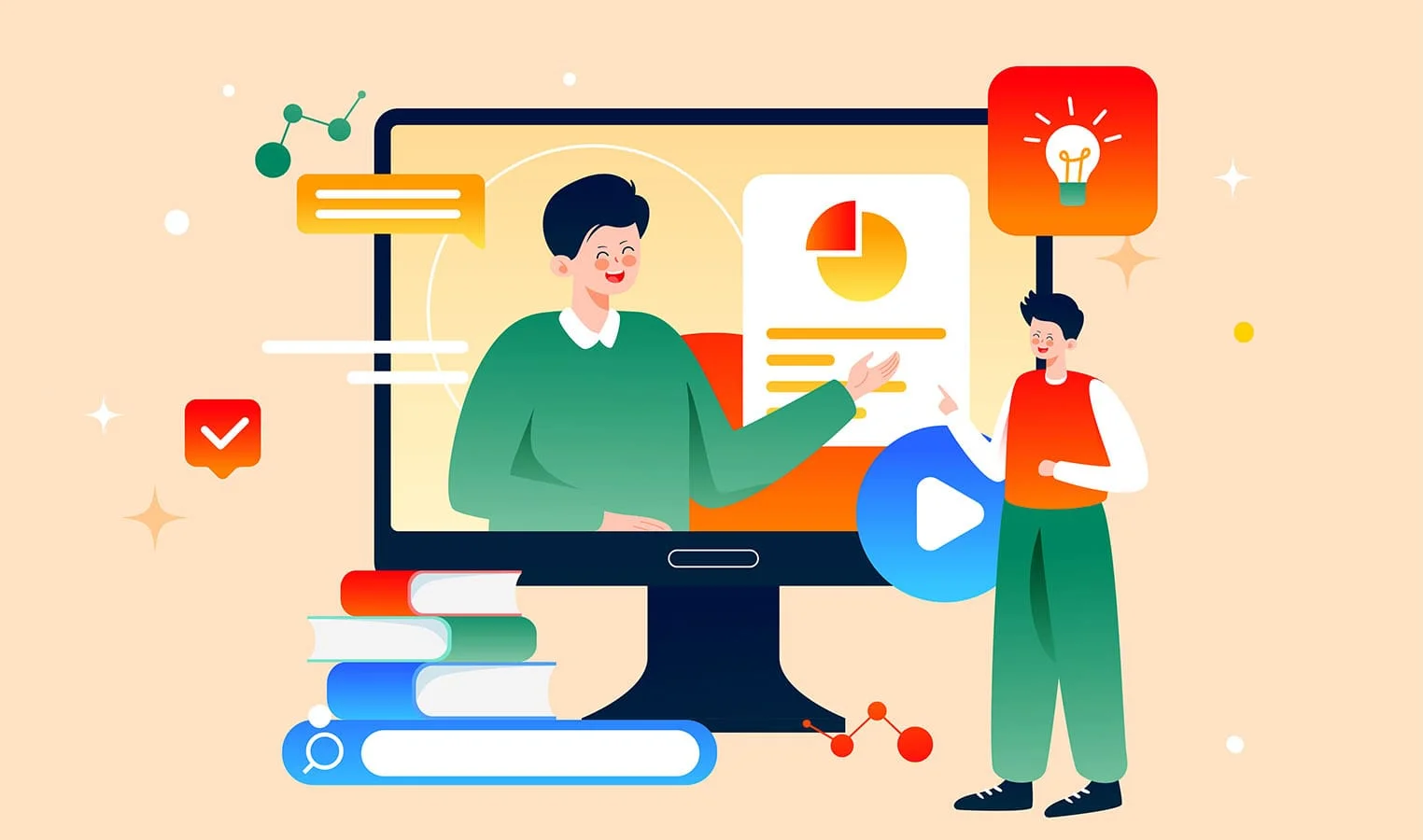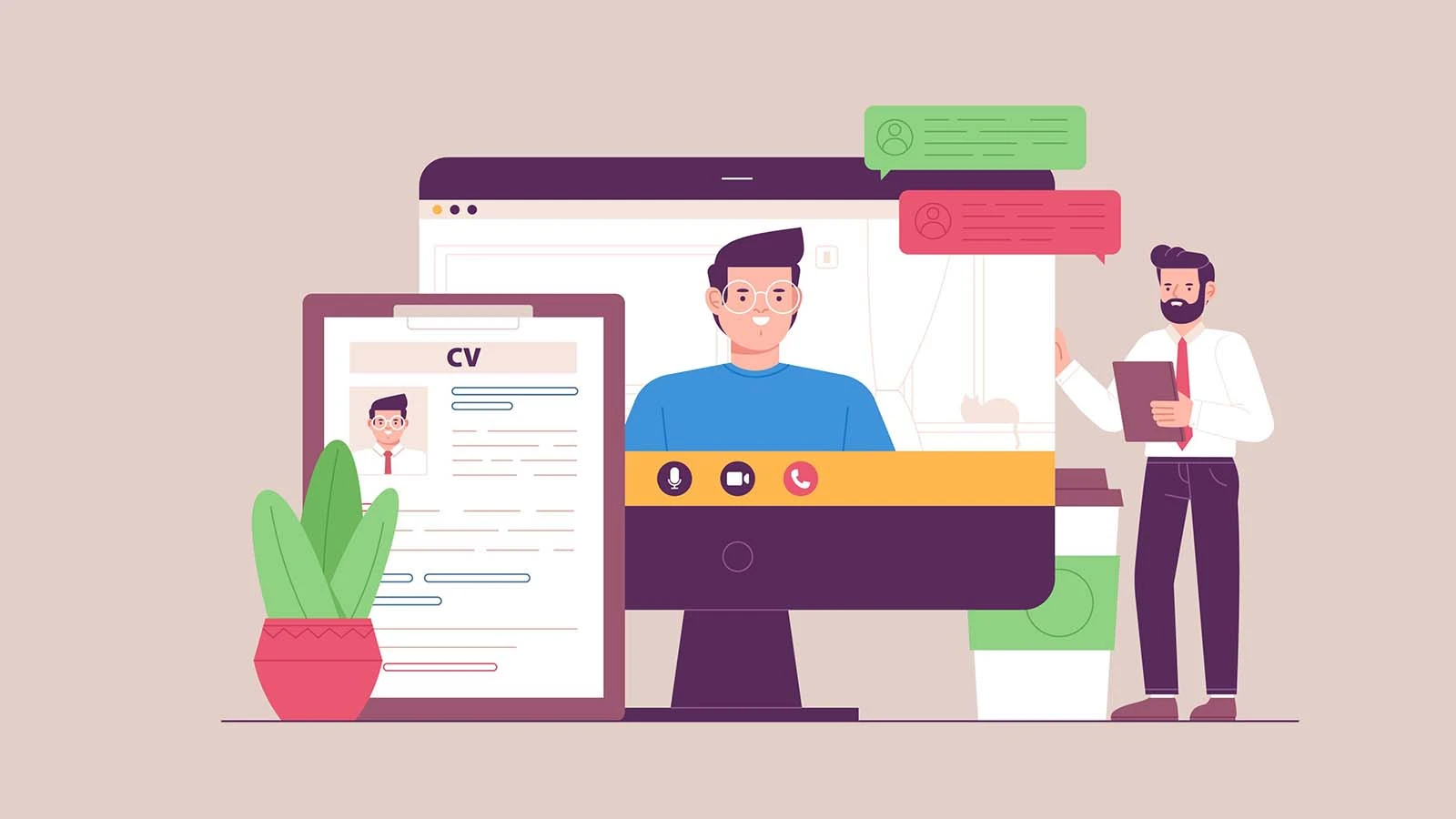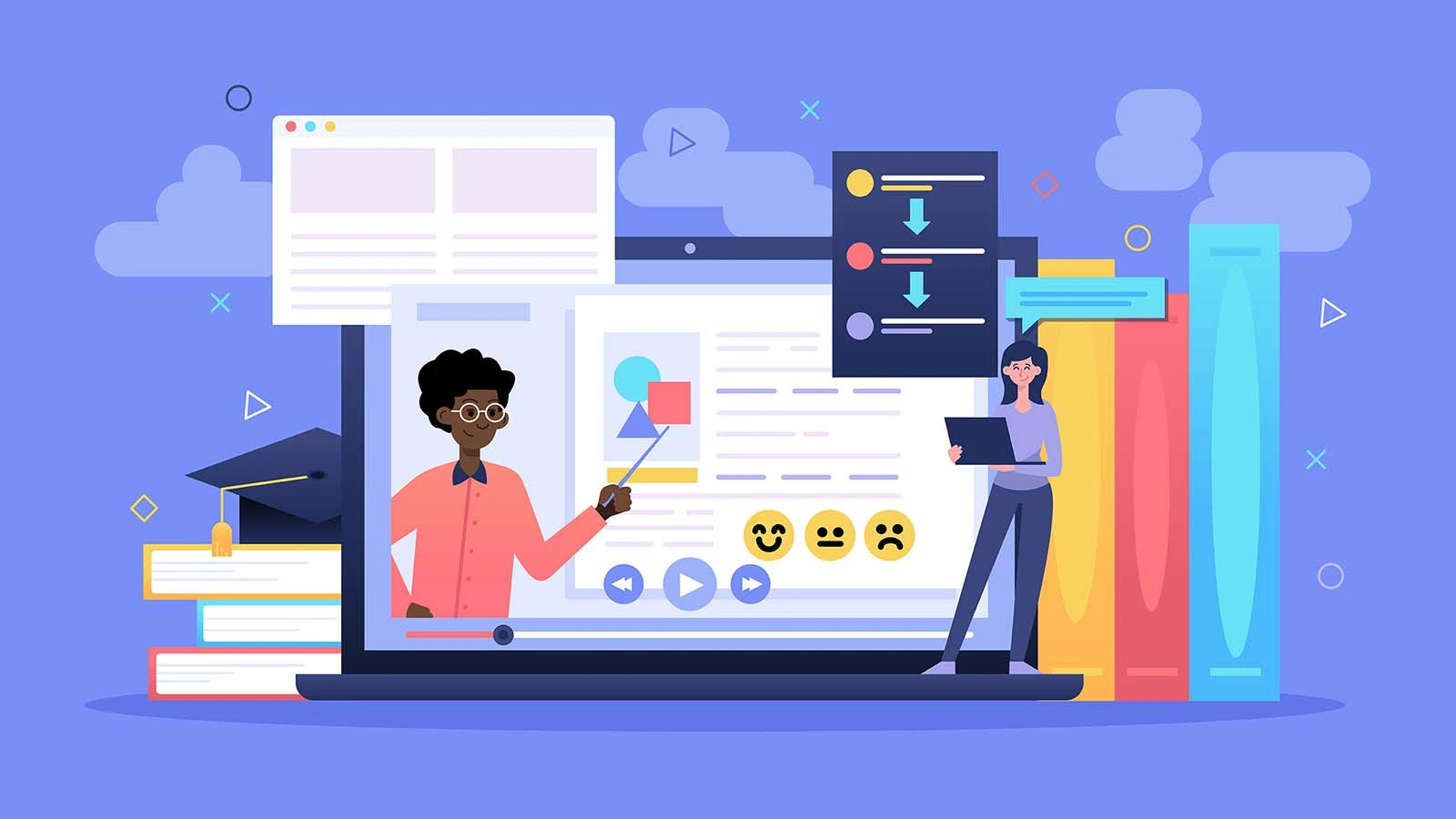Must-Have LMS Features in 2024 & Beyond
Rohit Kumar
09 Nov, 2023

The importance of a robust learning management system (LMS) cannot be overstated in an era where the business landscape is rapidly evolving. Companies increasingly recognize the value of continuous learning and development as a strategic necessity. The days when an LMS was merely a repository for e-learning courses are long gone.
Today, an LMS serves as a comprehensive platform that facilitates learning and the management, tracking, and evaluation of educational and training programs. As we look ahead to 2024 and beyond, the capabilities of an LMS will play a pivotal role in how organizations train their workforce, comply with industry regulations, and maintain a competitive edge.
The adoption of LMS technology has been on a steady rise, and it's not hard to see why. According to an industry report, 45% of companies surveyed recently had invested in learning technologies. That is accompanied by decreased traditional training expenditures, such as travel and external consultancies, indicating a shift in focus towards in-house, technology-driven training solutions.
Understanding the evolving landscape of LMS features is crucial for people leaders such as HR professionals, learning and development leaders, and Chief Human Resource Officers (CHROs). It's all about what it needs to be capable of in the future to meet the ever-changing demands of the workforce. This article serves as a comprehensive guide, focusing on the must-have features of an LMS as we move into 2024 and beyond.
Must-Have Features
Efficient Training Management
Effective training management is the backbone of any learning management system. An ideal LMS should offer a centralized dashboard where administrators can easily assign courses, set deadlines, and track each learner's progress. It should include real-time updates on course completion, quiz scores, and even time spent on each module. The goal is to simplify the administrative burden, allowing more focus on improving the quality of the training content.
Note: Platforms like Core Competency's LMS offer these features, making training management a hassle-free experience.
User Flexibility
In a world where every learner is different, customization is vital. An LMS should offer the flexibility to tailor the learning experience to individual needs. That means customizable user roles, permissions, and even learning pathways. For instance, a manager might have access to different courses than an entry-level employee. This level of customization ensures that each user gets the most out of the system.
Structured Training
A well-structured training program is essential for ensuring that learners can progress systemically and organizationally. The LMS should allow organizations to design learning pathways where courses or modules appear in a specific sequence. That ensures foundational knowledge is built before moving on to more advanced topics, enhancing the learning experience.
Personalized Engagement
Personalization is a necessity in modern e-learning. An advanced LMS should offer features like AI-driven course suggestions based on the learner's past behavior, career goals, and skill gaps. That improves engagement and increases the likelihood of course completion, as learners are more likely to finish courses they find relevant and exciting.
Comprehensive Reporting
Data analytics is crucial in evaluating the effectiveness of any training program. An ideal LMS should offer robust reporting features that capture many data points. That includes course completion rates and metrics like learner engagement, time spent on each module, and even post-course performance improvements. These insights are invaluable for HR and L&D professionals in making data-driven decisions.
Third-Party Integration
An LMS cannot be an isolated platform in today's interconnected digital landscape. It should offer seamless integration capabilities with other enterprise systems like HCM, CRM, and external content libraries. That ensures data flows smoothly across platforms, making tracking and managing various aspects of employee training and performance easier.
Virtual Classroom Integration
The future of learning is increasingly becoming virtual, especially in the wake of remote work trends. An LMS should offer robust virtual classroom features, including real-time video conferencing, interactive quizzes, and even breakout rooms for group activities. That ensures learners have an engaging and interactive experience, even miles apart.
Automated Actions
Automation is instrumental in reducing the administrative burden associated with training management. An ideal LMS should offer automated features like course assignments based on job role, skill level, or past performance. That allows HR and L&D professionals to focus more on strategic tasks rather than getting bogged down with routine administrative work.
Certification Focus
The LMS should offer specialized features to manage and track certification programs in industries where compliance is critical. That includes automated reminders for certification renewals, monitoring for compliance deadlines, and even integrated e-signatures for digital documentation.
Discussion Forums
The learning experience is all about interaction and discussion. An ideal LMS should offer integrated discussion forums where learners can ask questions, share insights, and collaborate on projects. That fosters a sense of community and enhances the overall learning experience.
As we navigate the complexities of the modern business landscape, the role of a Learning Management System (LMS) in shaping an organization's success has never been more critical. The features an LMS offers can significantly impact the effectiveness and ROI of your training programs.
While many platforms offer a range of these features, some, like Core Competency's LMS, are designed to meet the unique demands of today's diverse and ever-changing workforce. Core Competency stands out as a leading provider in this space, offering a comprehensive suite of features that cater to the multifaceted needs of today's organizations. From efficient training management to comprehensive reporting, third-party integration, and a strong focus on certification, Core Competency's LMS is a one-stop solution for all your learning and development needs.
What sets Core Competency apart is its commitment to innovation and adaptability. The platform evolves to meet the changing demands of the workforce and the industry. That ensures you're investing in a system that will grow and adapt with you. Moreover, the platform is incredibly user-friendly, allowing administrators and learners to make the most of its features without a steep learning curve. It's not just about having a range of features but about making those features accessible and usable.
In conclusion, if you're looking to supercharge your learning and development initiatives, Core Competency's LMS should be at the top of your list. Its robust features, user-friendly interface, and adaptability offer everything you need to take your training programs to the next level. So why wait? Contact us today for a free demo and experience how our LMS can transform your organization's learning and development implementation.
Assessment of Behavioural Core Competencies
For example, students struggling with a particular concept could be provided with additional resources or assigned to a different module via the e-learning and learning management system.
Read Blog




